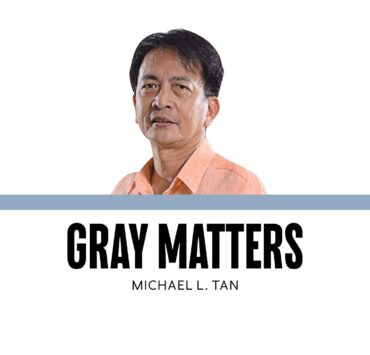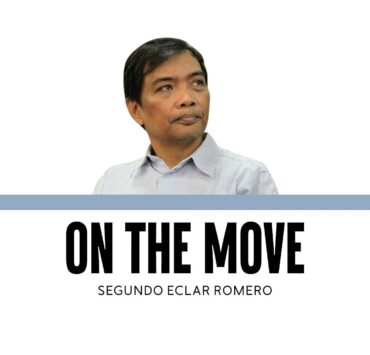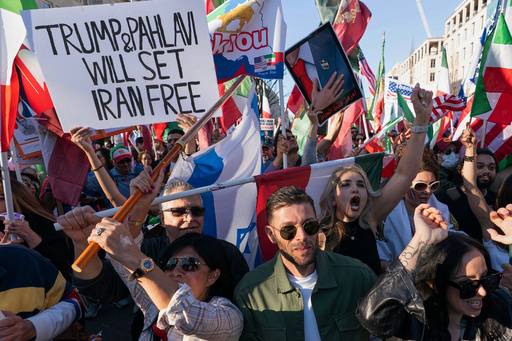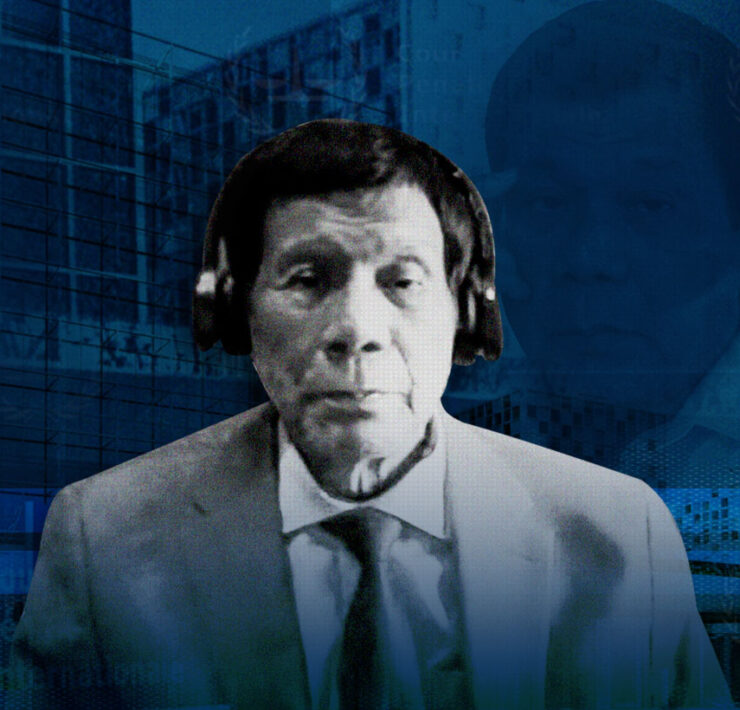Philippine ‘democrazy’: A constitutional crisis?
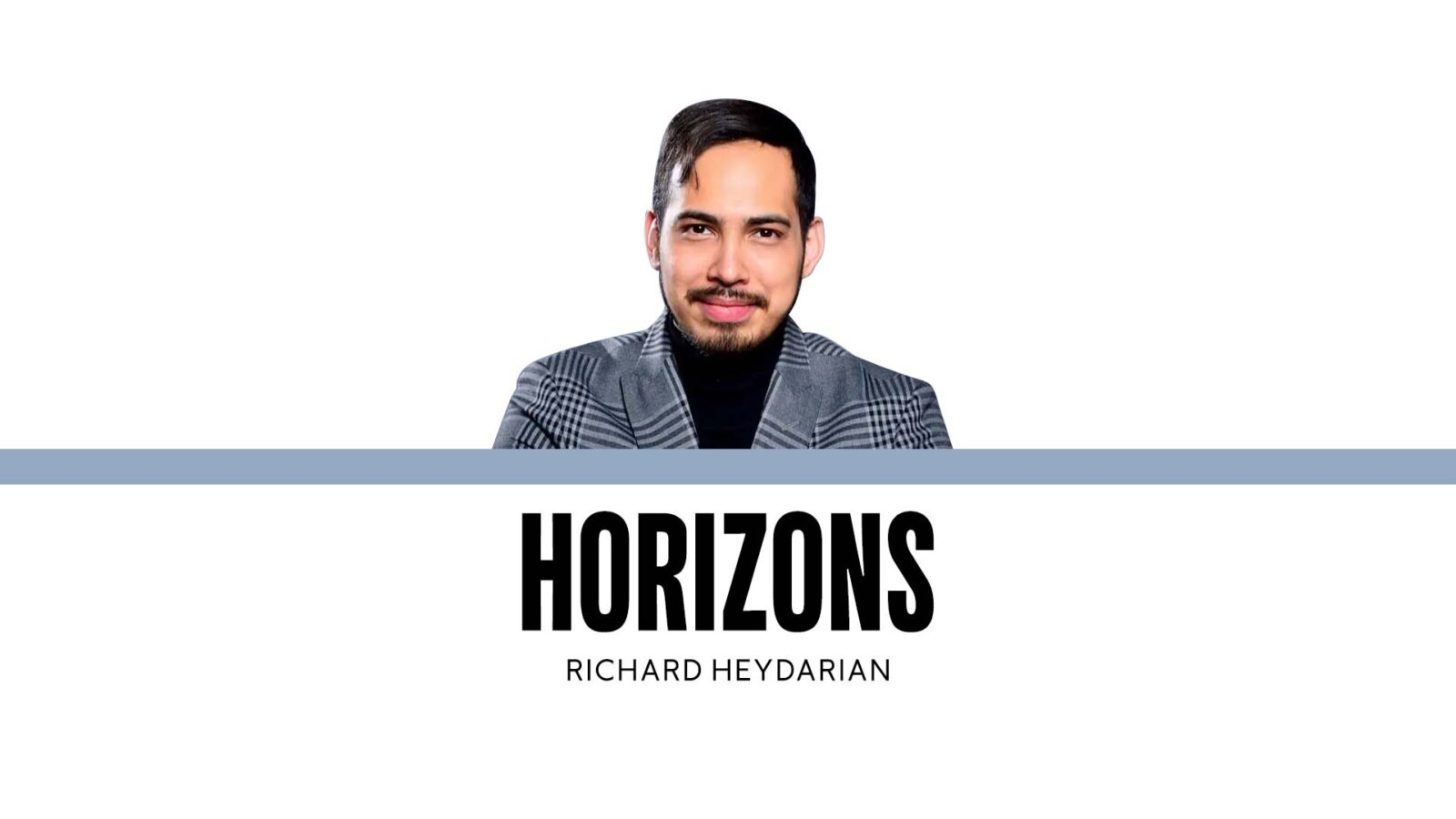
There is a reason why ancient philosophers were profoundly skeptical about democracy. In “The Republic,” Plato described democracy as “a charming form of government, full of variety and disorder, and dispensing a sort of equality to equals and unequals alike.” Witnessing the tragic demise of his mentor, Socrates, at the hands of demagogues, Plato was alert to the tendency of majoritarian democracies to descend into demagogic frenzy. While aware of the halcyon days of Athenian democracy, when grand statesmen like Pericles inspired political grandeur, he was also acutely alarmed by the tendency of even promising democracies to undergo political degeneration. Superstition, populist antics, and authoritarian tendencies always threatened to poison even the most promising democracies.
Plato’s protégé, Aristotle, was even more critical, dismissing democracy as “analogous to tyranny, where law has ceased to be sovereign and the notion of a constitution has practically disappeared.” For Aristotle, democracy is “a constitution in which the free-born and poor, being the majority, control the government.”
But Aristotle was no fan of oligarchy either, lamenting a system in which “the rich and better-born, being the minority, control the government.” While Plato preferred a proto-socialist system under the thumb of a “philosopher king,” Aristotle believed in a “mixed system” whereby the best elements of aristocracy, monarchy, and majoritarian rule create a stable and inclusive political system.
Our political system represents the worst combination of what Aristotle understood as “oligarchy” and “democracy.” Instead of getting a “philosopher king,” as in Singapore’s Lee Kuan Yew, we have steadily descended into a kakistocracy, whereby feckless demagogues, grifters, and craven sophists have come to dominate the ostensibly “democratic” landscape. Meanwhile, a tiny minority controls the commanding heights of the economy. At the height of political reformism under former president Benigno Aquino, the 40 richest families on the Forbes wealth list swallowed up 76 percent of the country’s gross domestic product growth. That is twice as bad as in Thailand and more than 10 times worse than in neighboring Malaysia. The same period also saw political dynasties controlling up to eight out of 10 elected offices. The entry of the “Dutertegarchs” under the former president has only worsened this dynamic.
The back-to-back victory of the Dutertes and Marcoses was the most explicit rejection of supine reformism that replaced the dictatorship. While emotionally understandable, the “protest votes” in 2016 and 2022 were a classic “out of the frying pan [and] into the fire” situation. With liberal-reformist forces largely marginalized despite iconic wins in the latest elections, we have ended up with a vicious showdown between two powerful dynasties.
The recent Supreme Court decision was no surprise to me. Nor was the spirited critique of it by legal luminaries from across the political spectrum. And while it’s true that the majority of our Supreme Court justices were appointed by the former president, it’s unfair to make any automatic inferences about their decision-making. Having heard basically all sides of the debate on the Sara impeachment issue, including senior statesmen from all three branches of the state, it’s clear to me that blaming a single individual or institution for our current predicament misses the point. It also risks alienating potential allies for genuine transformation down the road.
My fear is not only a constitutional crisis in the technical sense of the word, especially since our legislature is likely to defer to our highest court’s latest ruling, but also in a more functional and profound sense. The politico-legal ping-pong among different pillars of the government is only reinforcing social dissatisfaction and a potential constitutional crisis. We risk sleepwalking into a systematic breakdown not too different from how the so-called “Operation Car Wash” scandal in Brazil ended up discrediting almost the entirety of the country’s political elite, culminating in en masse resignations and successive protest votes over the past decade. Our current impasse may even pave the way for an extra-constitutional coup de grâce.
Don’t take our democratic politics for granted. In a Pew Research Center survey, as many as half of Filipinos favored autocratic rule if it meant a more responsive political system. Unless our political elite gets its act together, we risk strengthening extremist “revolutionary government” voices as well as making our beloved country more vulnerable to the machinations of foreign powers. The political center is barely holding, and we may soon be peering into the abyss.













